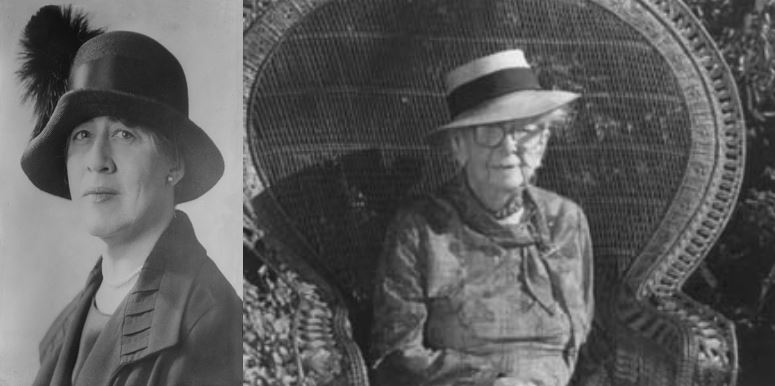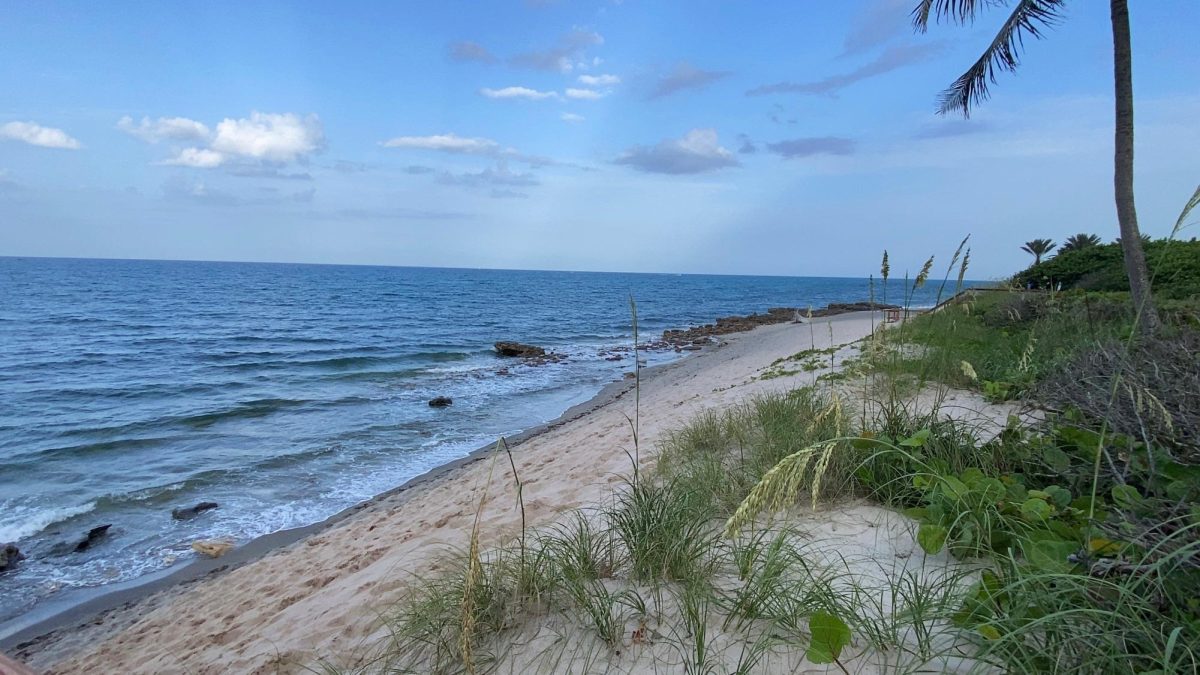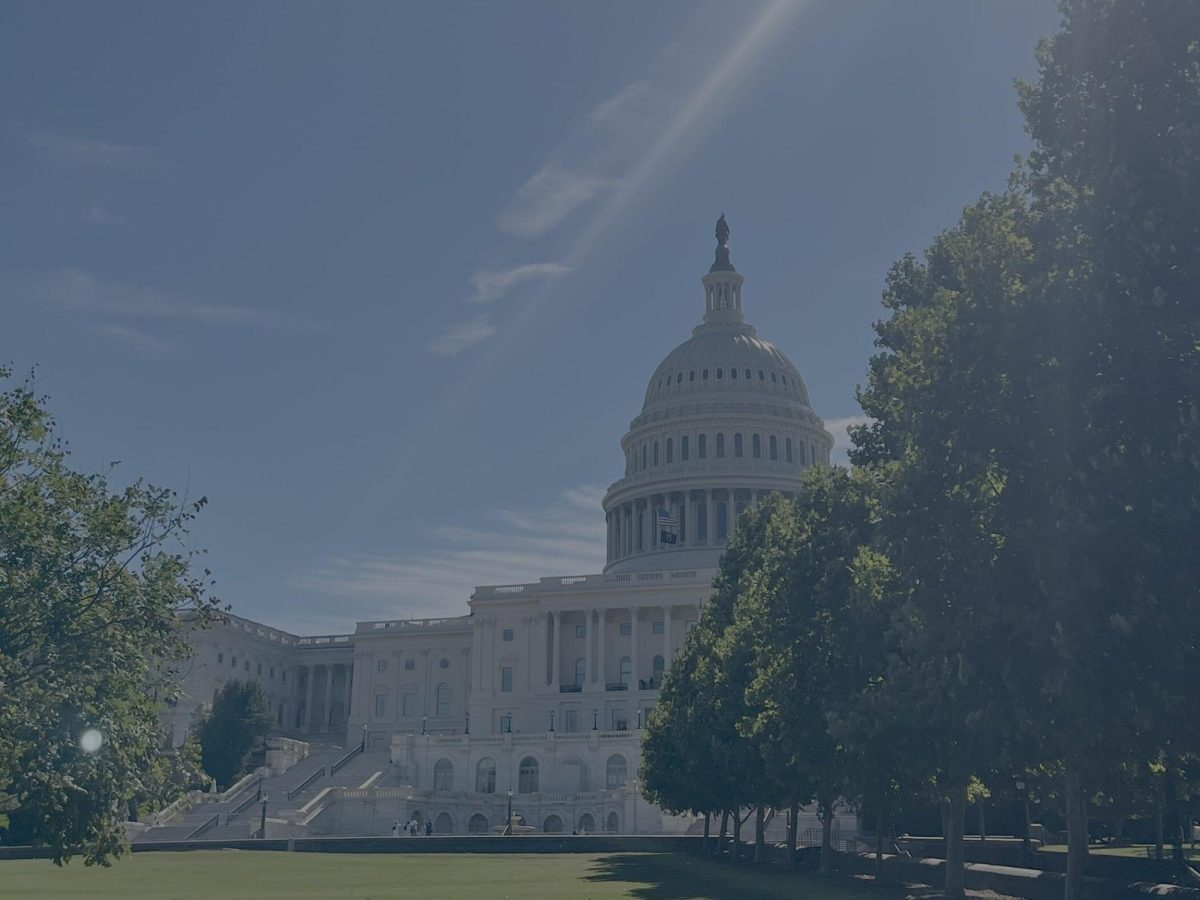March marks the annual celebration of Women’s History Month. March was institutionalized into an honorable month for women in 1987 after being started in Calif. where it was originally just Women’s History Week.
“I feel like every year that passes I learn another new annual month-long celebration so before this year I didn’t really know [Women’s History Month] was a thing,” Raelen Mauge, senior, said. “I know that this month is used to recognize and appreciate the contributions women have made and continue to make toward the success of America.”
Fla. is home to many iconic and impactful women such as Ambassador Ruth Bryan Owens, Marjory Stoneman Douglas and Alice Scott Abott.
Owens taught public speaking at the University of Miami and became the first female in Fla. to be elected to Congress in 1928 and became one of the voices for Fla.’s fourth congressional district. Her main focus was on health, welfare and environmental problems. She served as an activist in the development of the Florida Everglades.
Owens was appointed by President Franklin D. Roosevelt as the U.S. Ambassador for Denmark in 1932, which in turn made her the first women ambassador to ever serve the United States.
“It’s so awesome to learn about the women who came from an upbringing/background similar to yours, and are going on to change American history. She is a role model and inspiration, and that maybe one day you too could change American history,” Anastasia Alexandrou, Pre-AICE World History teacher, said.
Marjory Stoneman Douglas was an environmentalist who became a well-known activist for the protection and preservation of the Florida Everglades. Douglas used her prominent position in writing to help conserve the environment. Later on she devoted her life to protecting the Florida Everglades, which at the time was just viewed as a swamp that was to be developed. Now due to Douglas’s work, the Everglades is considered a National Park.
She was given the Presidential Medal of Freedom in 1993 by President Bill Clinton due to her advocating for the Everglades. She worked as a journalist for the Miami Herald. Eventually, Douglas published her book, The Everglades: River of Grass.
“Marjory Stoneman Douglas was a remarkable woman characterized by her resilience, passion and dedication to environmental conservation and the women’s suffrage movement. In addition to her activism, Douglas was a talented writer and journalist,” Alexandrou said.
Fla. has a plethoric history of women who due to their passions have been a part of movements in environmental statuses, conservation and the preservation of women’s rights.
Abbott is a prominent female figure in Fla. history and is known for her famous speech about women’s voting rights in St. Augustine in 1863. Abbott was a protester to protect wages for girls and women and to stop female trafficking.
Abbott fought diligently for the 19th Amendment to support women’s education and voter rights.
“I enjoy freedom from segregation from the civil rights movement and I enjoy the right to vote from people like [Abbott] in the women’s suffrage movement,” Mauge said.








